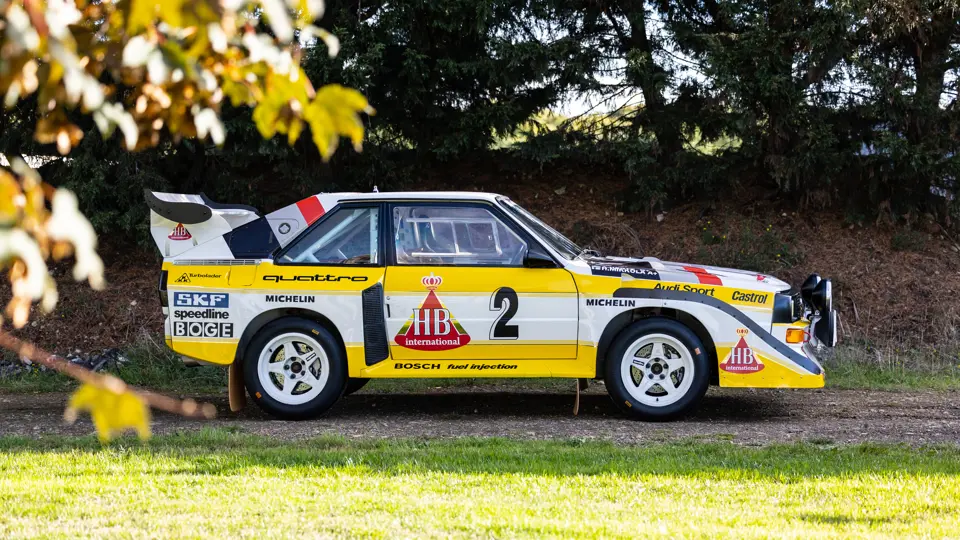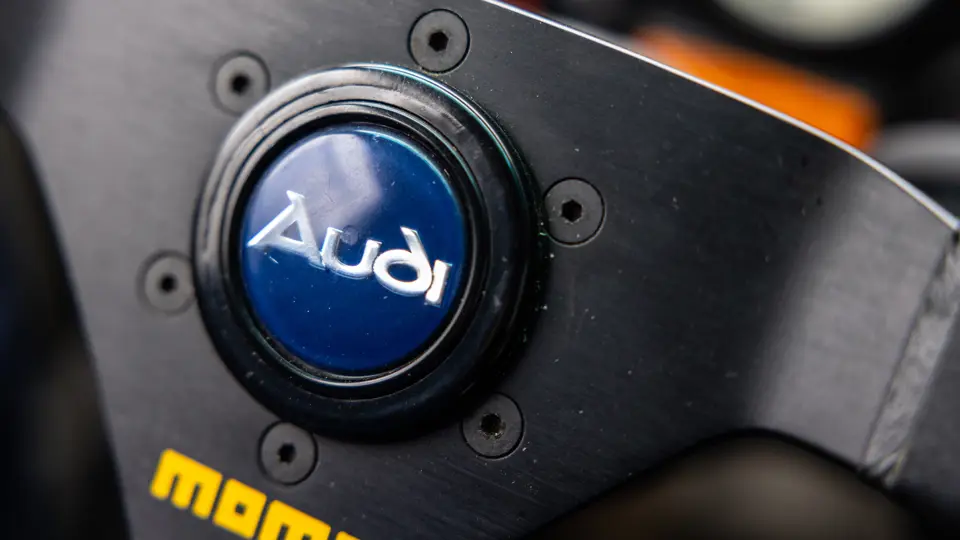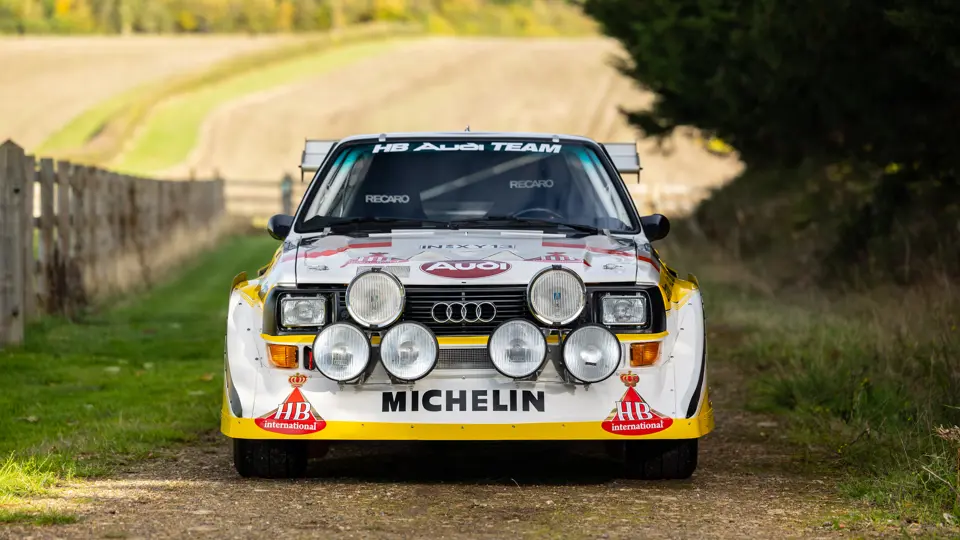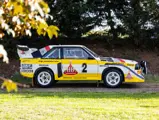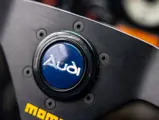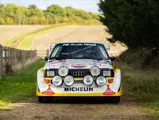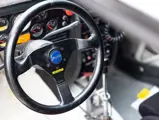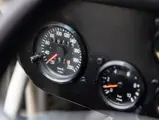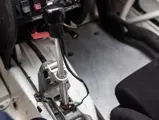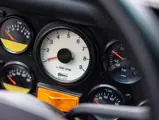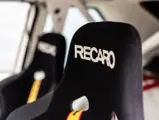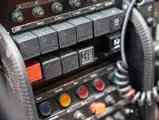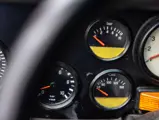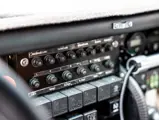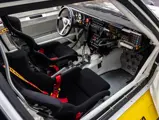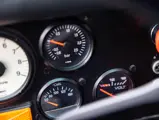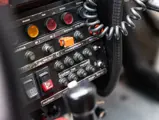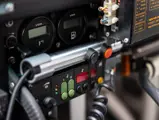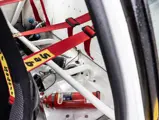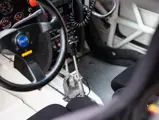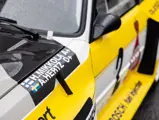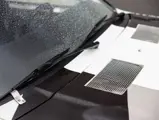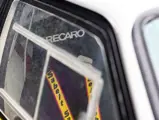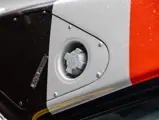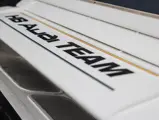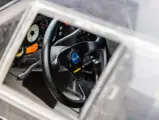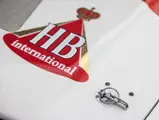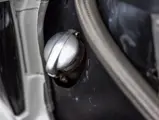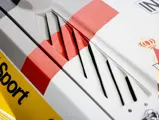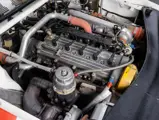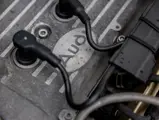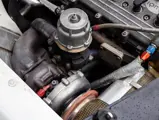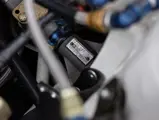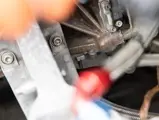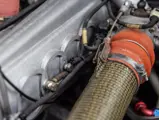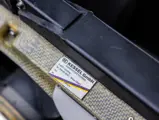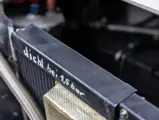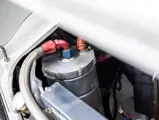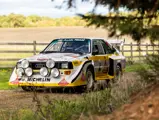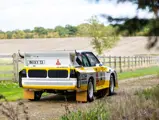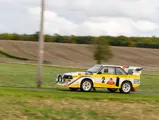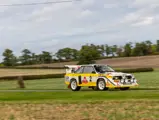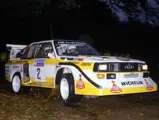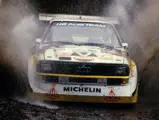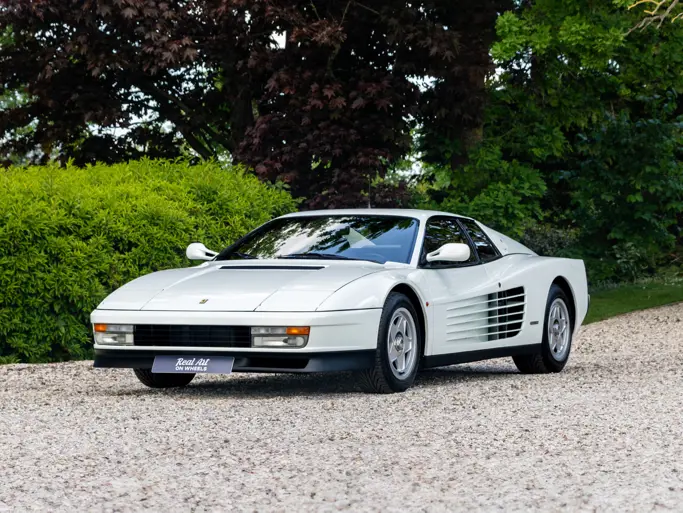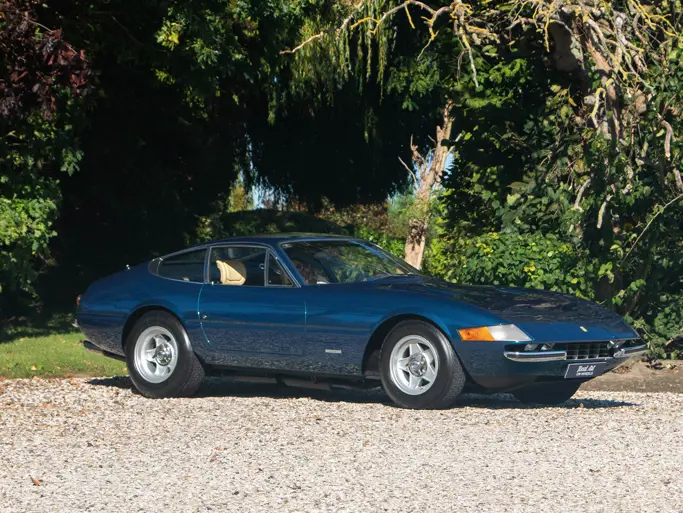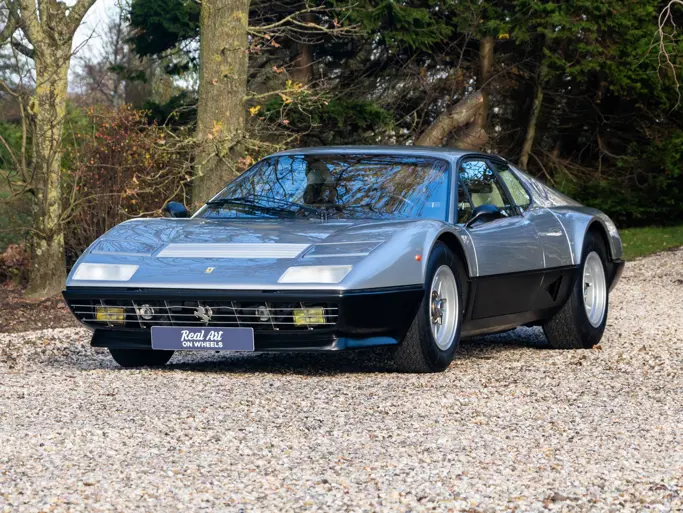
1985 Audi Sport quattro S1 E2
{{lr.item.text}}
£1,805,000 GBP | Sold
Offered from The Gran Turismo Collection
{{bidding.lot.reserveStatusFormatted}}
- Part of The Gran Turismo Collection
- The ultimate evolution of Audi’s quattro Group B programme
- Campaigned by Hannu Mikkola at the 1985 Lombard RAC Rally
- Highly original and fully restored; an outstanding example of the car that defined the quattro legend
- One of the few S1 E2s outside of factory ownership with WRC history
Group B homologation rules created a platform for manufacturers to develop and introduce daring new technologies. No make encapsulated that ambition quite like Audi, which took the four-wheel-drive concept from the farmyard to the special stage, changing the sport of rallying forever and creating one of the most sought-after model ranges in automotive history. Famed for its thrilling battles with close rival Lancia (and later, Peugeot), for the true petrolhead the definitive Group B rally car is the Audi quattro S1 E2.
Audi had already been entering successful Works quattros in Group IV before the FIA changed the homologation categories. And while Group B regulations would eventually lead to incredible speeds and an unmanageable level of danger, they also drove automotive development. While other manufacturers scrabbled to catch up—Lancia beginning development of its Delta S4 in 1983—it became clear that Audi had chosen the right development path, highlighted by dominant rally victories and three Drivers’ and Manufacturers’ World Championships by 1984. The quattro’s Achilles' heel was weight and its distribution.
The introduction of the Sport quattro in 1984 was supposed to be a major step-change for the programme, but drivers struggled to get to grips with a car that produced prodigious amounts of power but handled on its nose. 1984 World Champion Stig Blomqvist avoided using the shorter-wheelbase quattro until his title was all but secured. For 1985, these fundamental problems would have to be sorted if the challenges from Peugeot and Lancia were to be fought off.
The E2 finally made its debut in August in 1985. Based on the Sport quattro, it still utilised the same five-cylinder alloy-block with a 20-valve aluminium head. Cooled air was forced into the engine by an enormous KKK turbocharger, and in the words of Walter Röhrl, “the engine was always blowing off pressure and banging explosions into the countryside. No car was like that.” Ultimately, the power output was approximately 550 horsepower, which is widely believed to be the highest of any Group B car. In a test, an E2 sprinted from 0 to 100 mph (160 km/h) in a spleen-rupturing 8.9 seconds.
One of the big features of the E2 was weight reduction and distribution, with many heavy parts being shifted to the rear, including the radiator, fans, and even the alternator at one point. Keen to maximise any possible advantage, Audi engineers argued with the FIA that some of the aerodynamics were required for cooling at the rear. While there were big mechanical changes, the most recognisable aspect of the E2 is the bodywork, much of which was carbon-Kevlar composite in order to make the 1,100-kilogram minimum weight. The composite panels were shaped in a wind-tunnel for maximum downforce in an effort to transfer as much of the enormous power to the road surface as possible.
This S1 E2 was designated the Audi internal number of RE10 (denoted by bodyshell preparer Matter), and registered IN-NP 31 in Ingolstadt on 5 November 1985. It was assigned to former World Rally Champion Hannu Mikkola and Arnie Hertz for the 1985 Lombard RAC Rally. Mikkola had a slow start to the rally finishing 9th on the first stage, but made consistent progress until he was leading overall from SS14. He commanded an unassailable lead with three stage victories until SS22, when an engine problem forced his retirement. This issue handed the rally lead and eventual win to Lancia, which was debuting its new Delta S4 in the WRC.
Following the RAC Rally, this quattro was used as a training and test car for the 1986 Rallye de Portugal. After Group B was outlawed, this S1 E2 was sold to Michael Gabel on 8 May 1985. Gabel was a good client of Audi and a well-known collector. The new owner wanted to drive his 550 horsepower rocket ship on the road so requested some modifications to make RE10 more civilised. These included glass windows, a fly-off handbrake, and an opaque rear window to apparently cut out glare.
Gabel kept this Audi until 1998, when it passed into the hands of Eckhard Homan. Mr. Homan used it in Reinhard Klein’s “Slowly Sideways” demonstration group for a few years before it was sold to ex-European and German Rally Champion Armin Schwarz. Schwarz also enjoyed this E2 in demonstration events before selling it to a well-known rally collection in 2012. During its time in this collection, RE10 was subjected to a full restoration including a bare metal respray—photos are on file. Since being acquired by The Gran Turismo Collection in 2020, the car has been used for demonstration and has been kept in very good mechanical condition by BGM Sport.
Only 15 quattro S1 E2s are believed to exist of the 20 built by Audi. Of these 15, only six competed in a WRC rally, and just four are in private hands today. Of this hallowed quartet, RE10 has led one of the most charmed lives since its Works career. Today, it presents as an outstanding example of Group B’s most fearsome exponent. No major Group B collection should be without an S1 E2, and the opportunity to acquire such a fine example—let alone one that led the RAC Rally at the hands of Mikkola—is unlikely to be repeated.




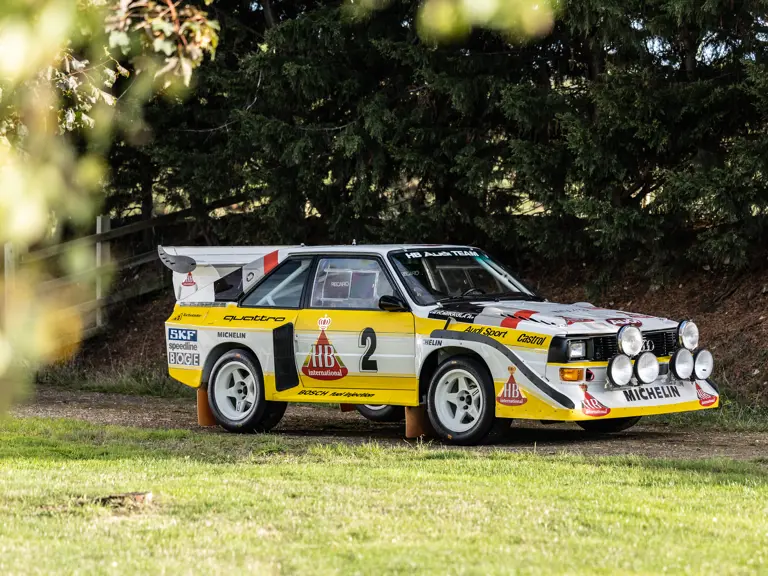
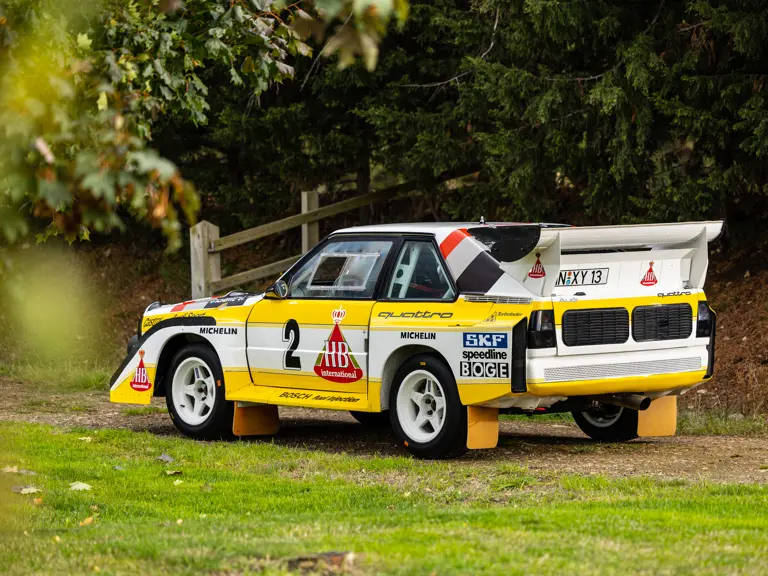
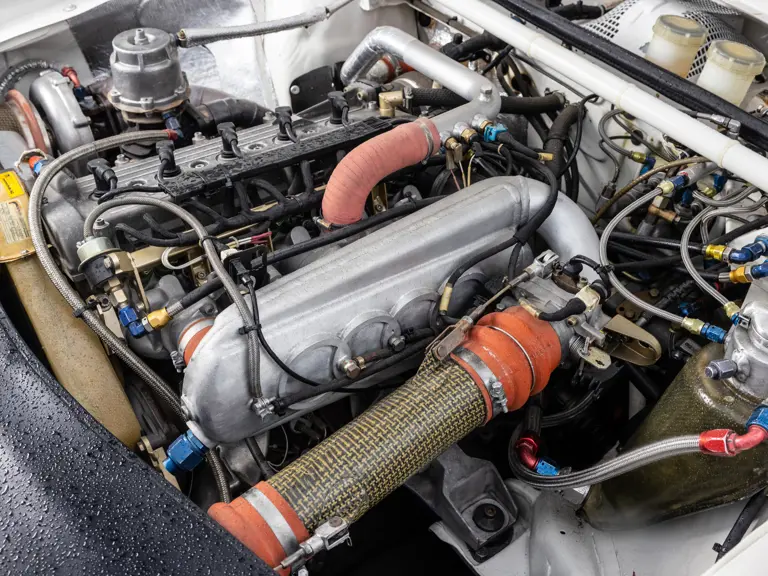
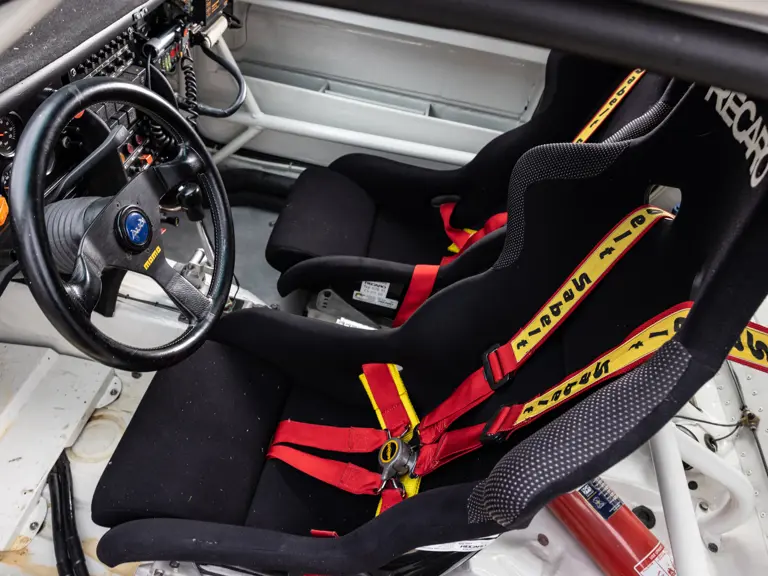
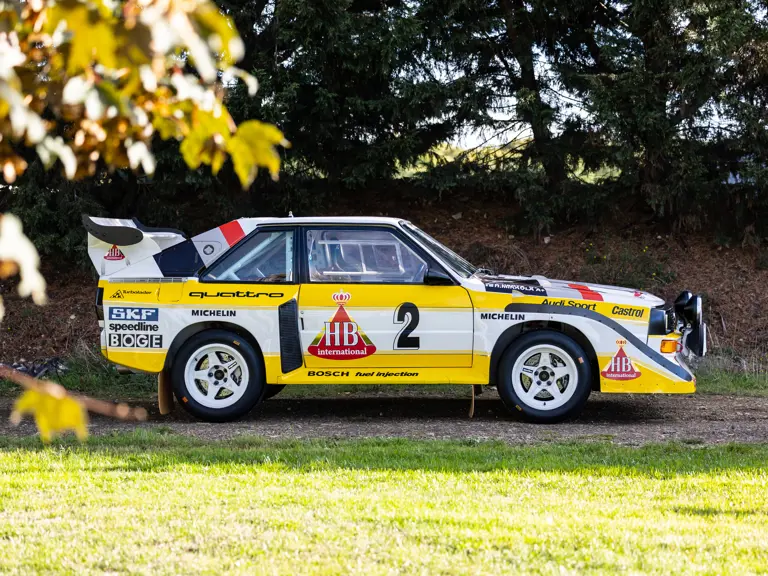
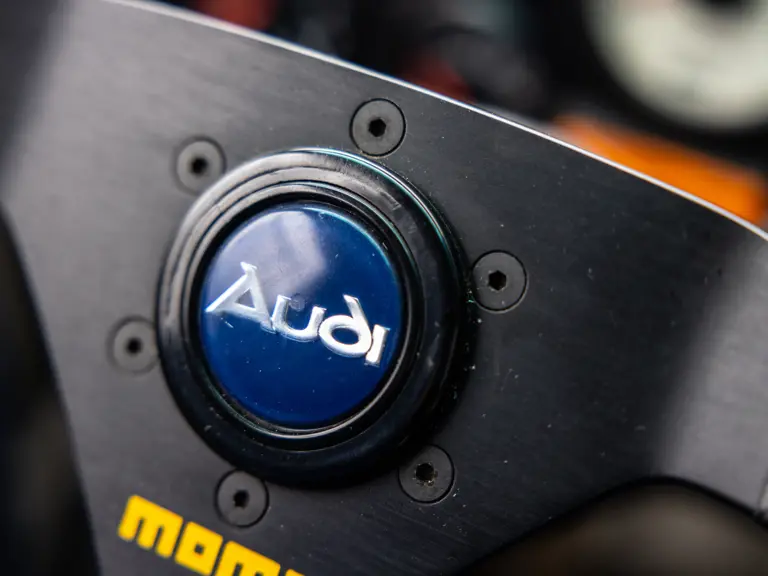
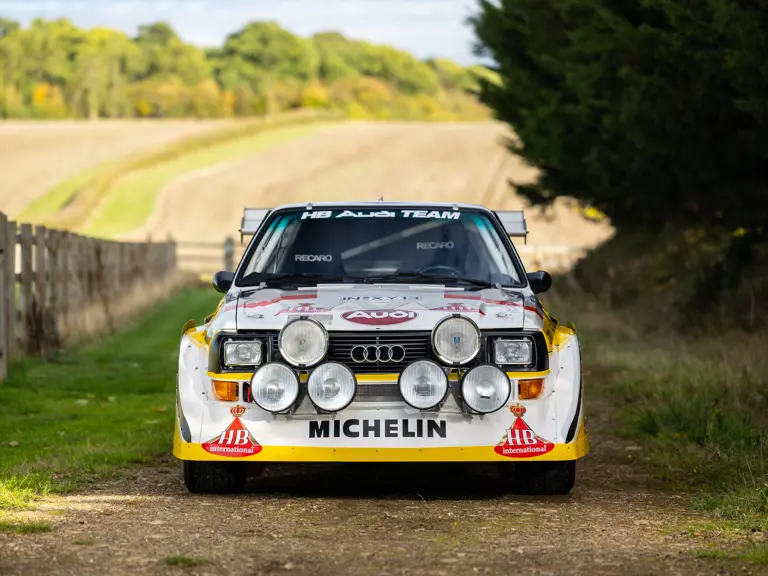
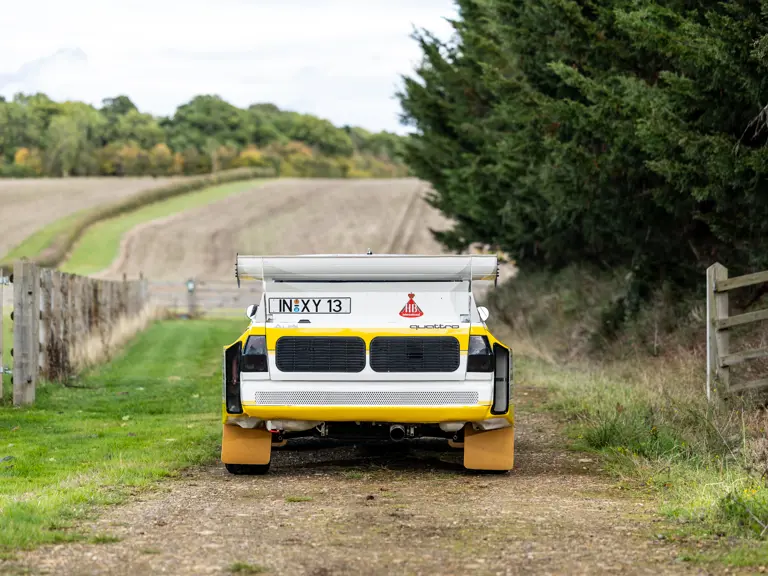
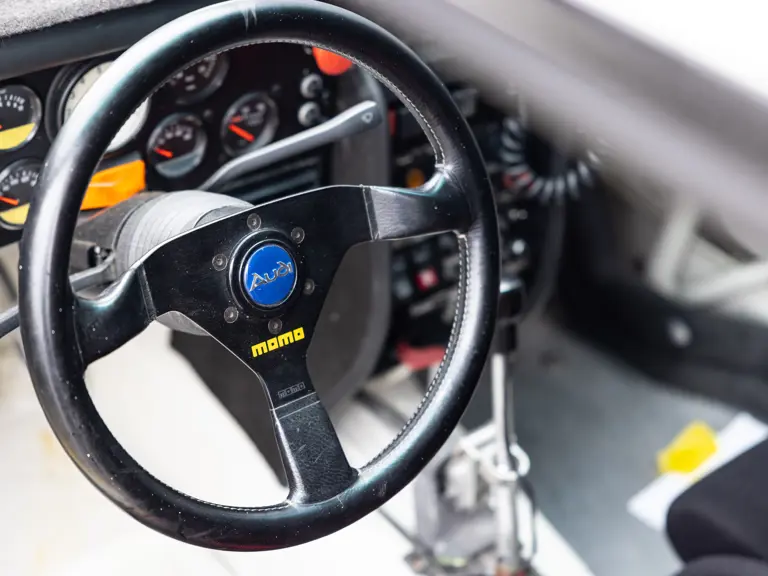
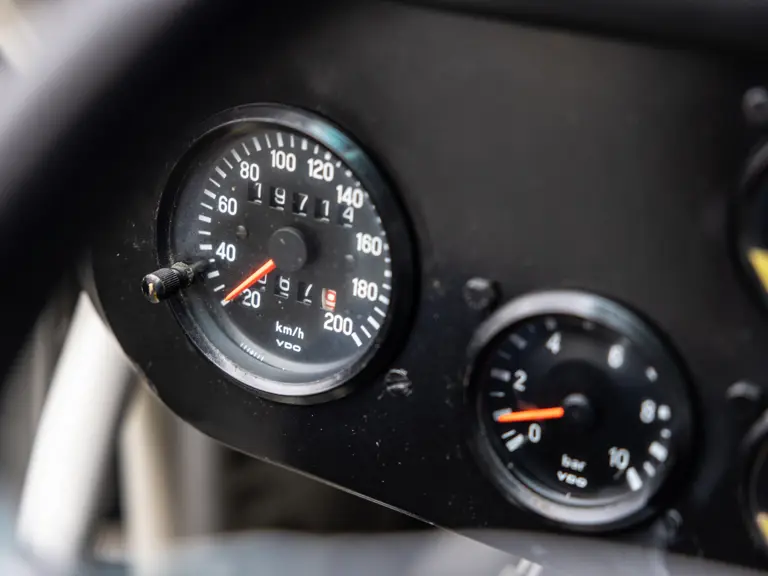
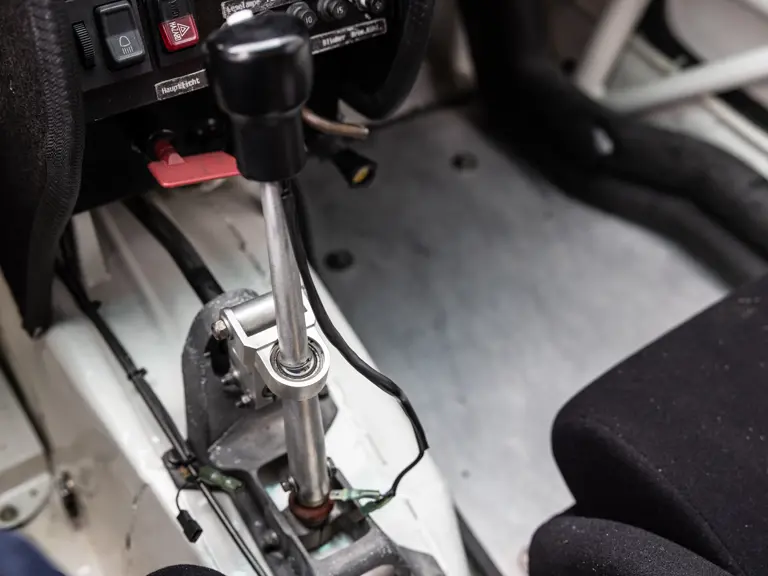
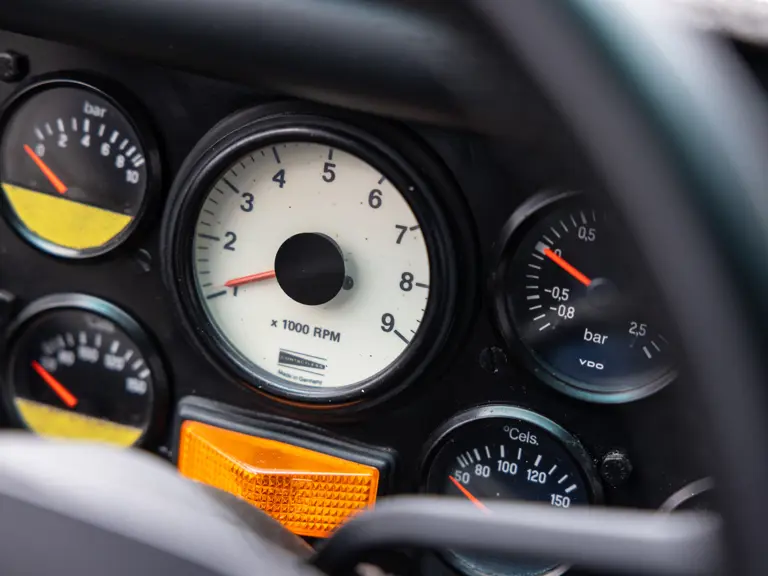
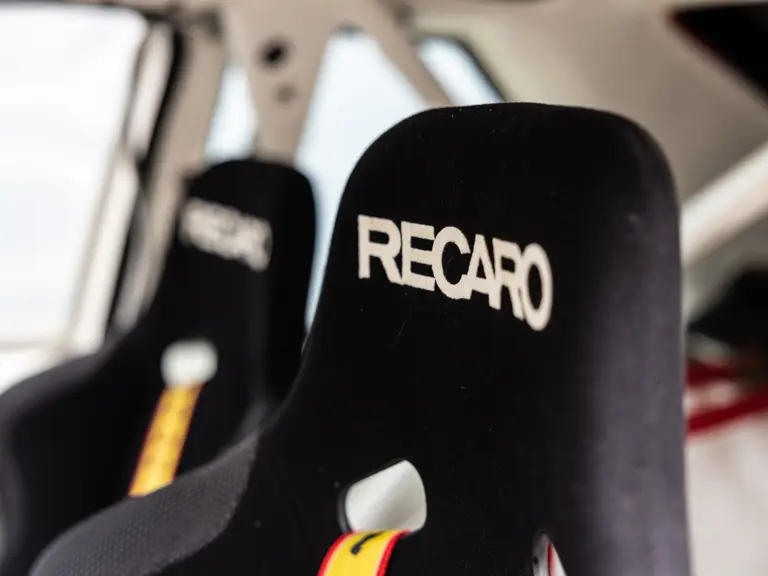
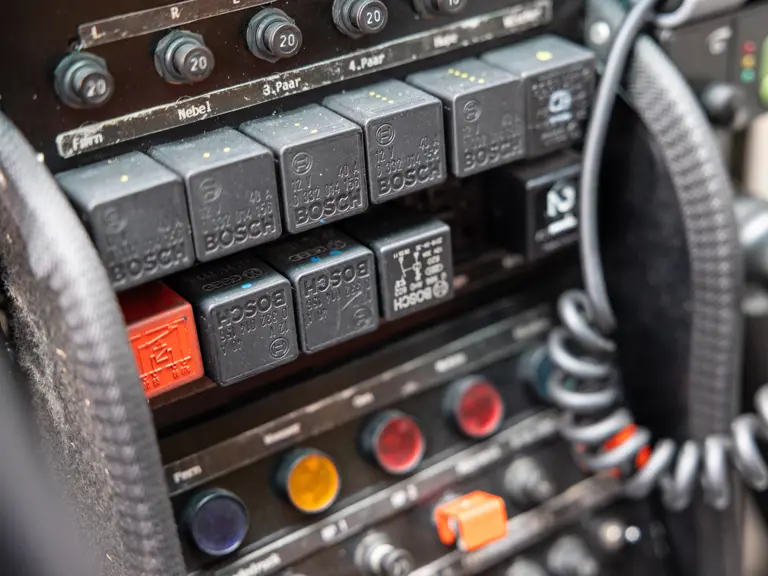
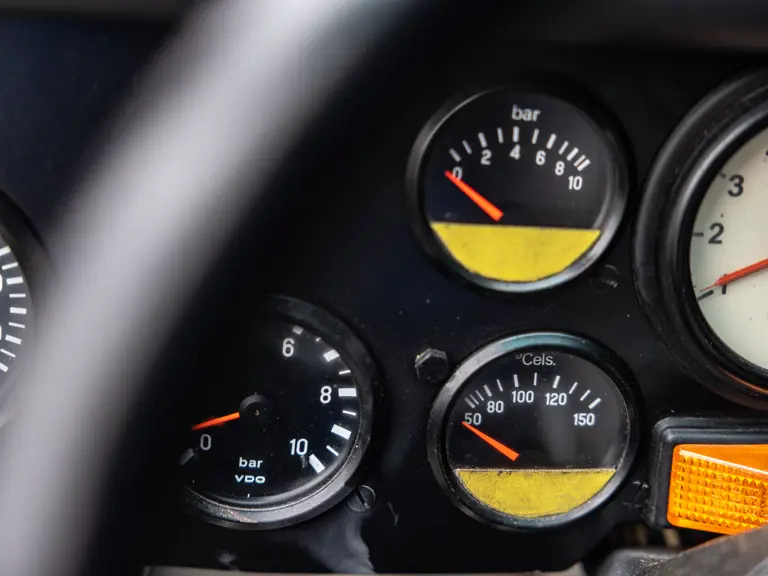
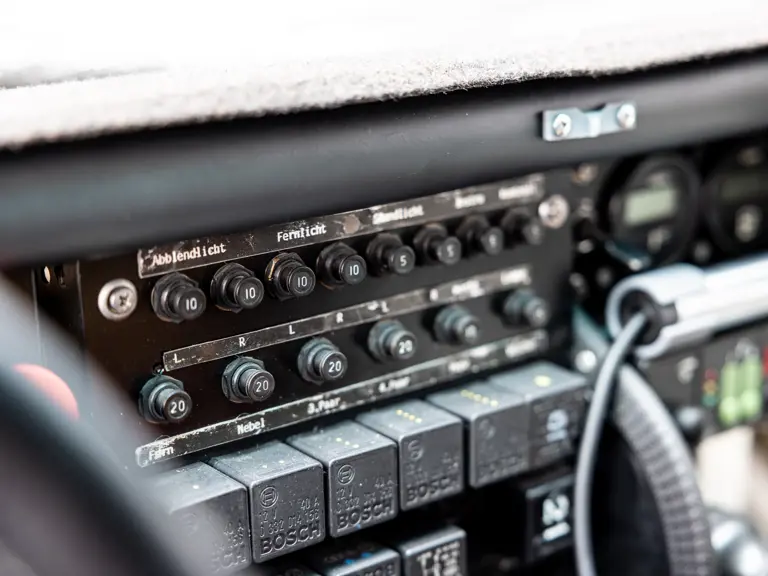
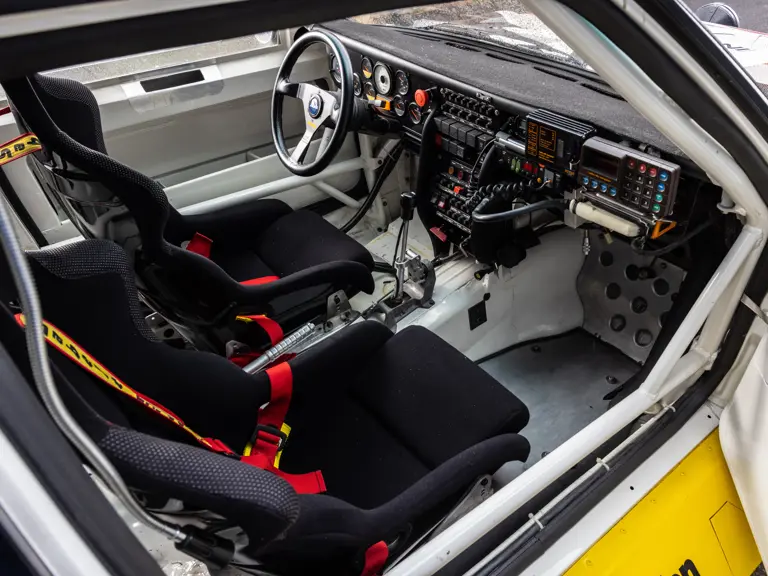
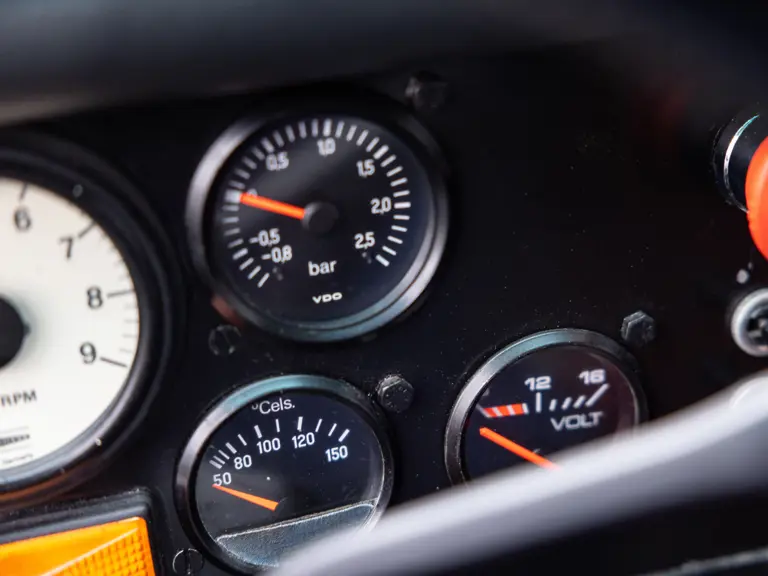
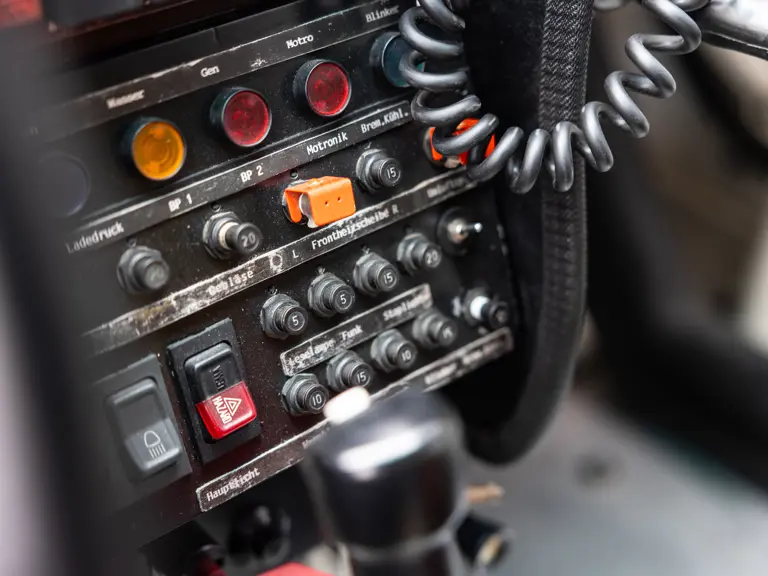
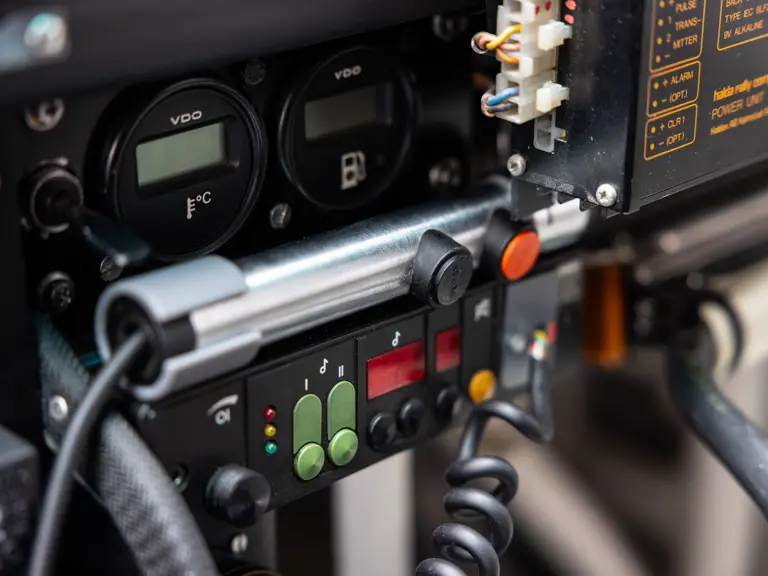
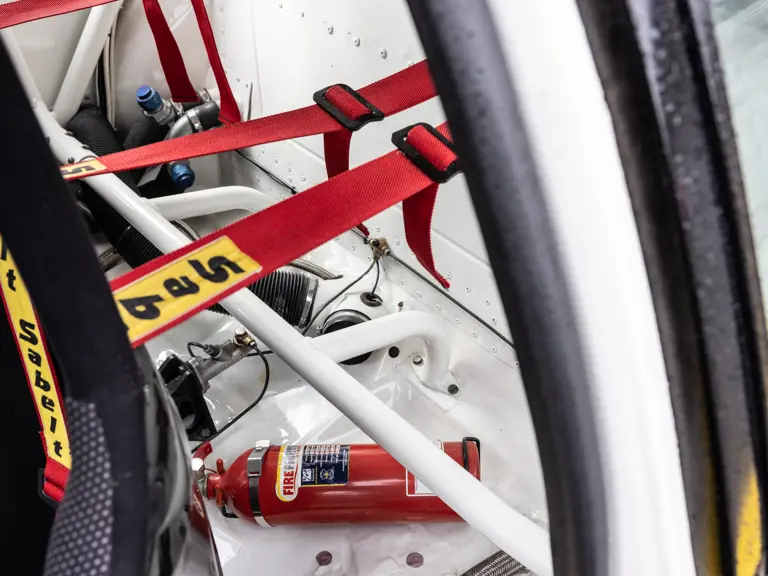
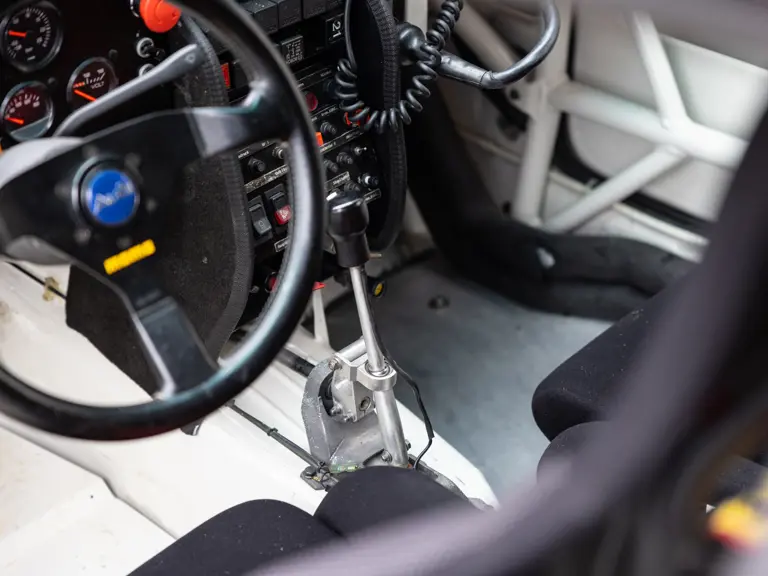
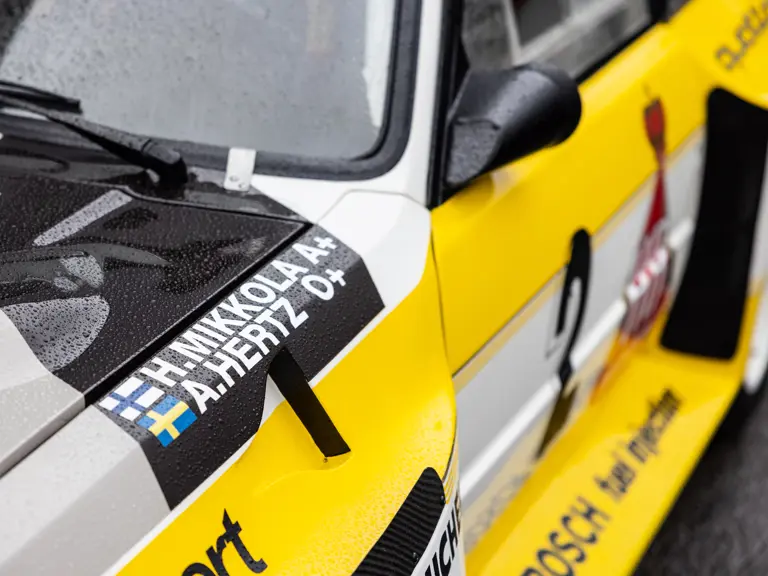
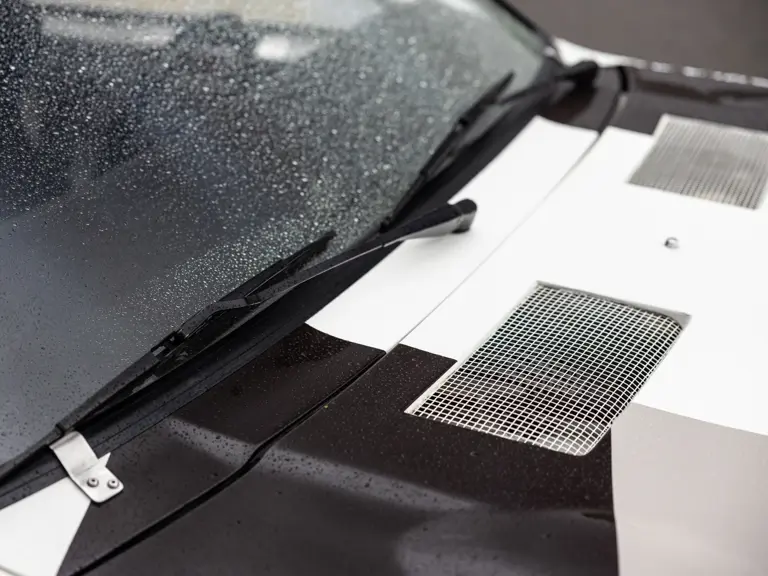
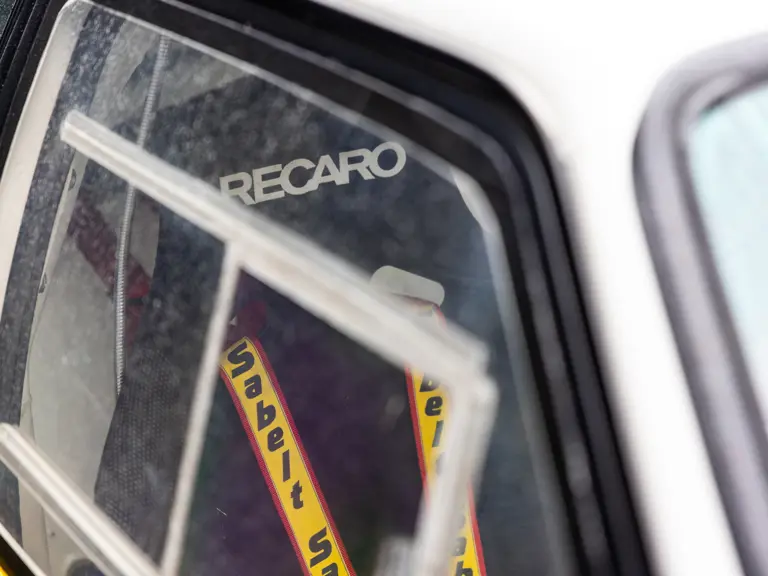
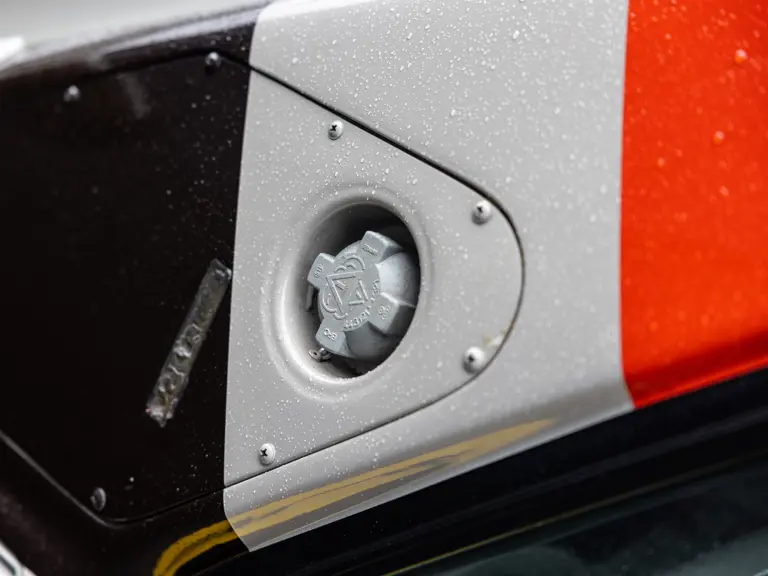
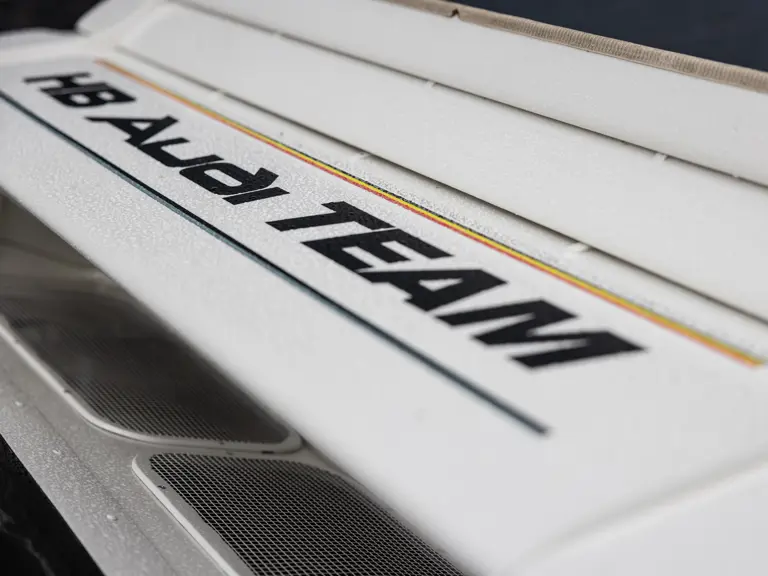
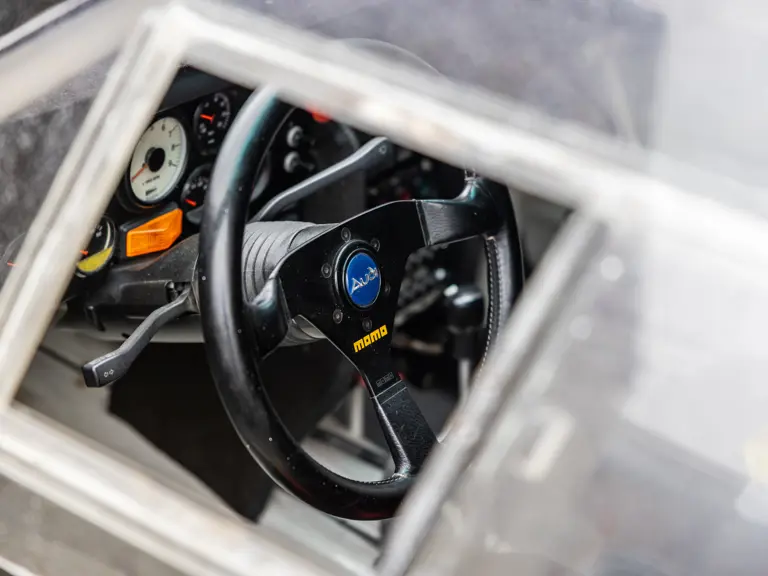
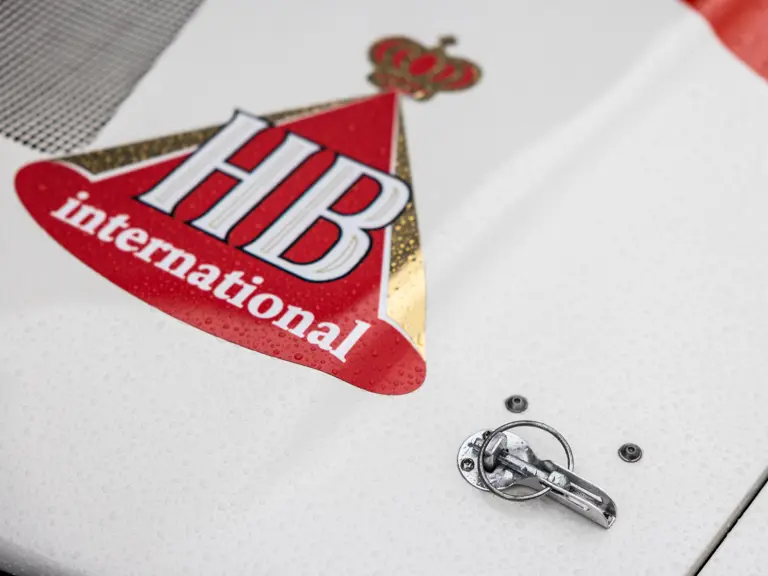
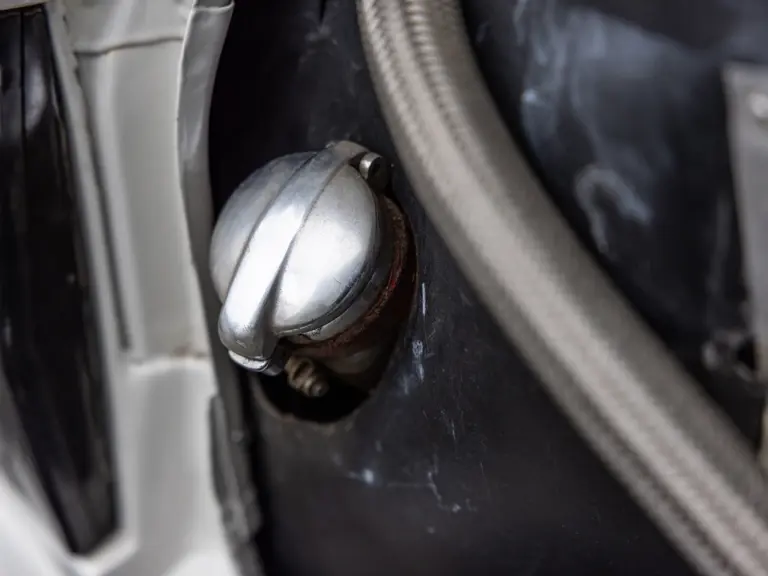
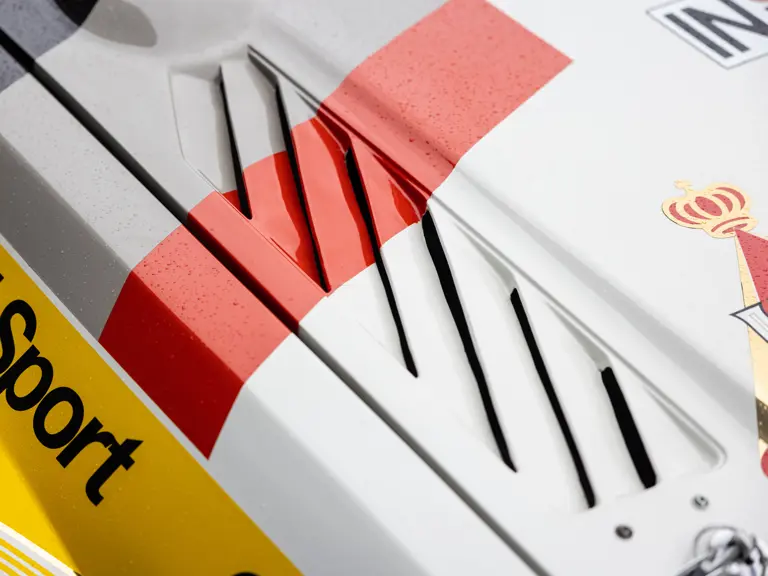
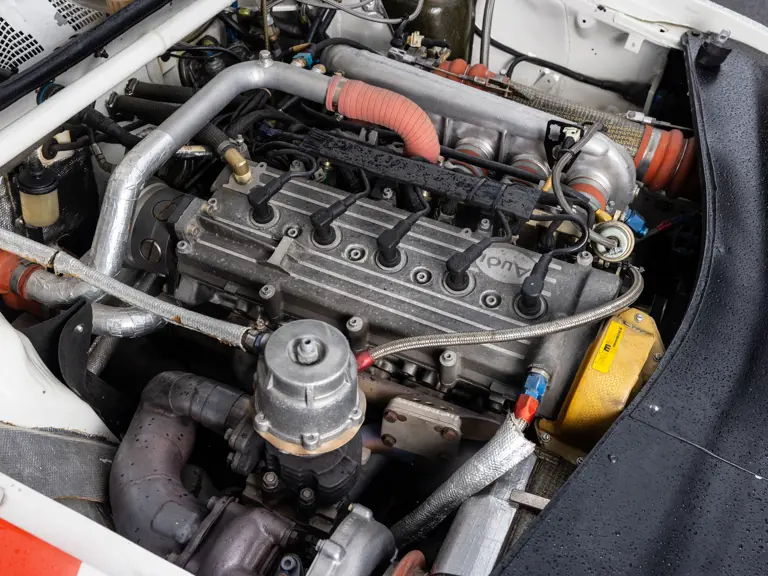
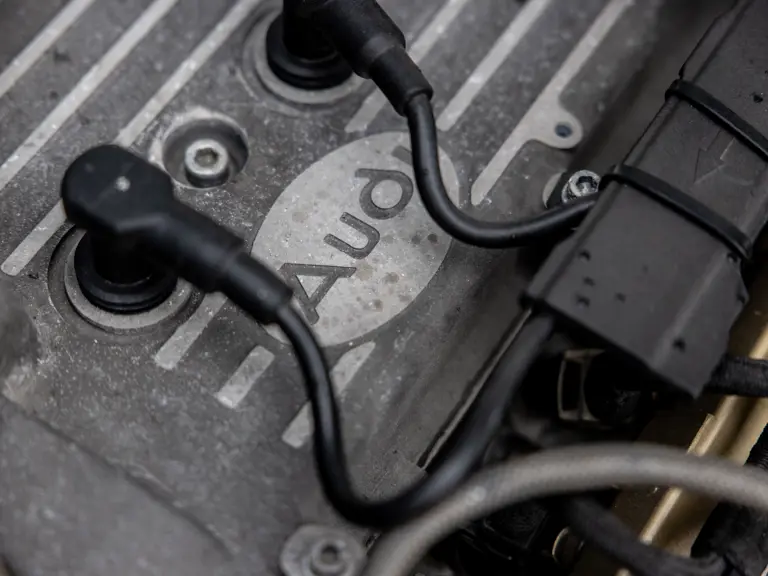
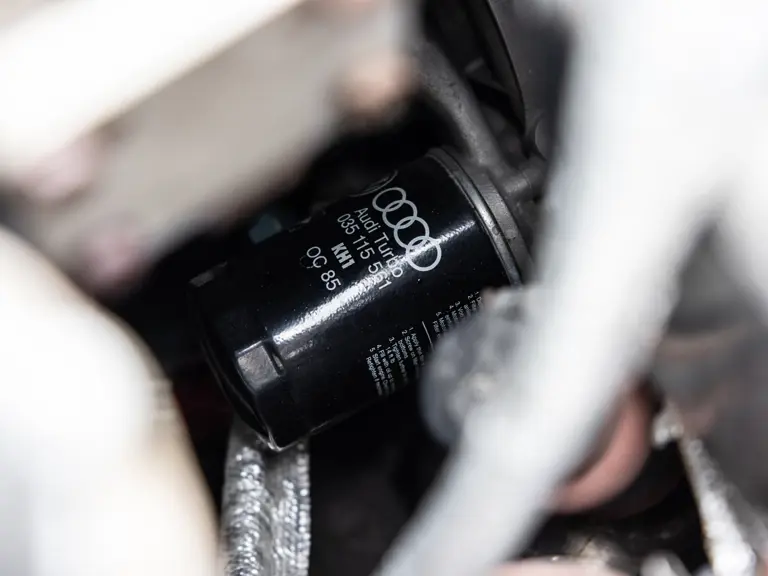
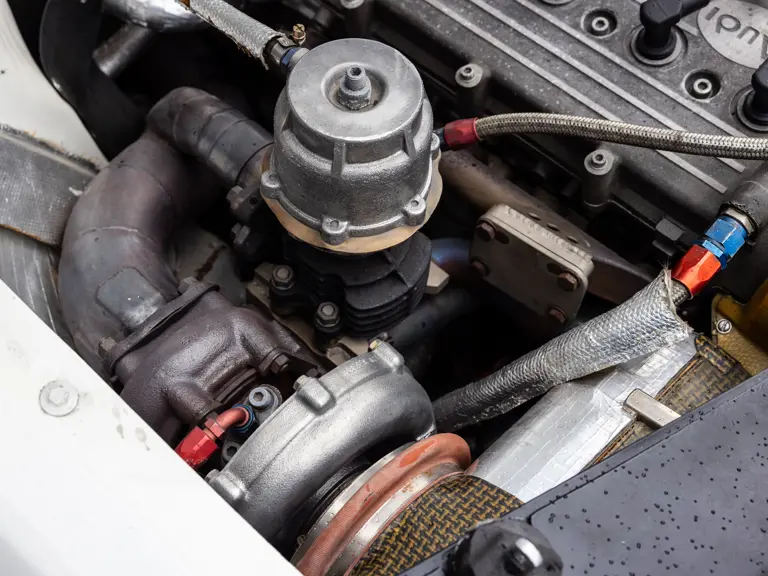
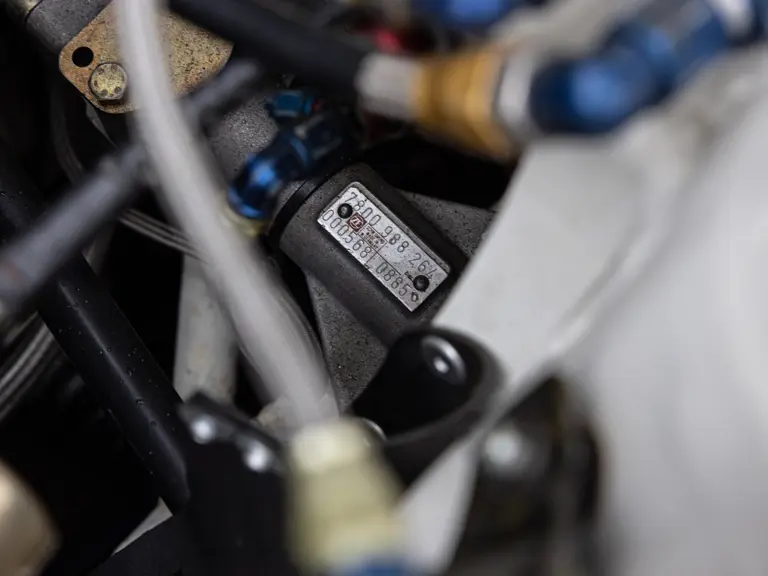
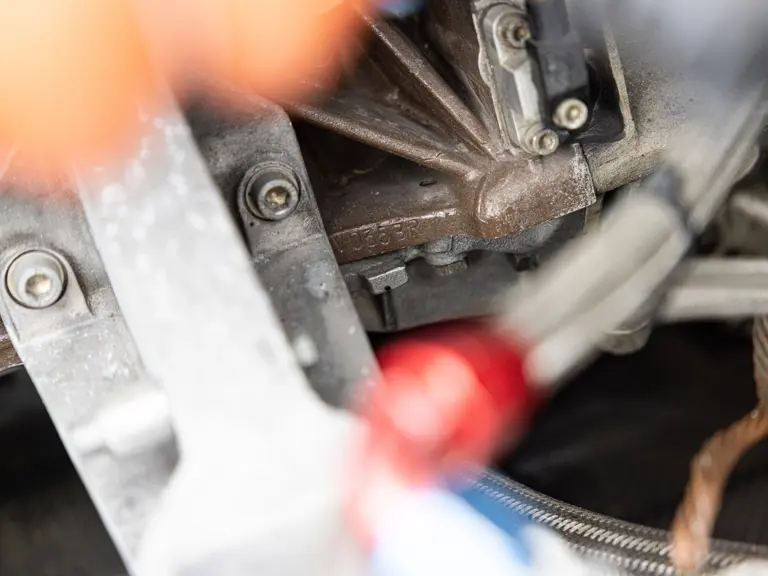
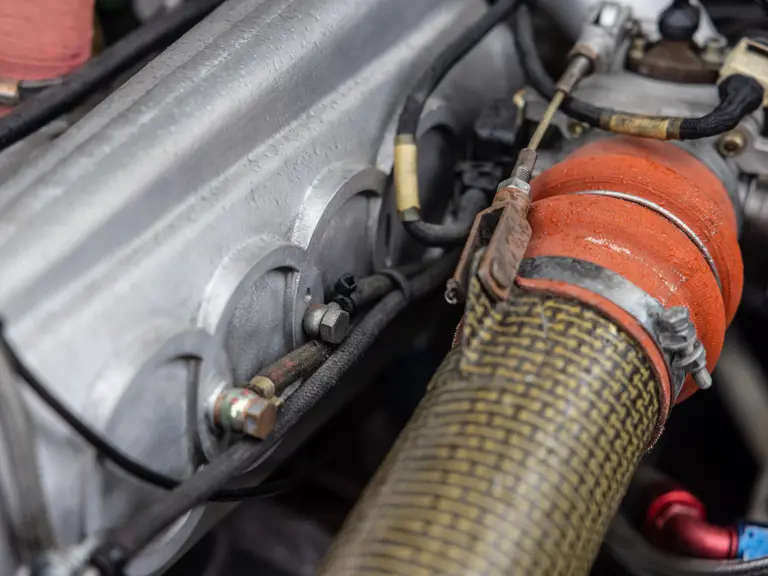
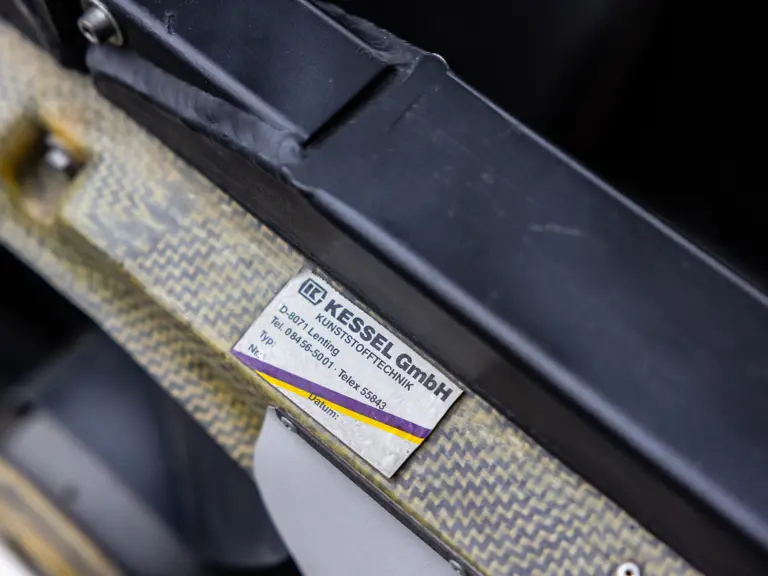
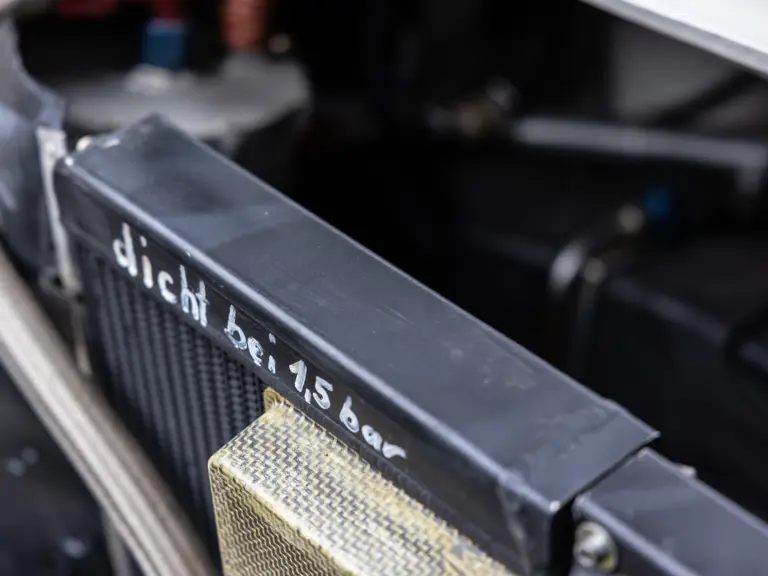
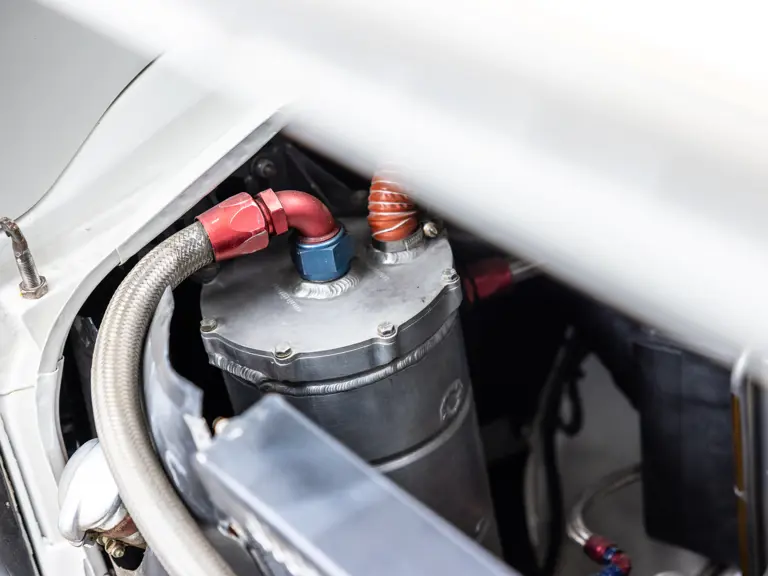
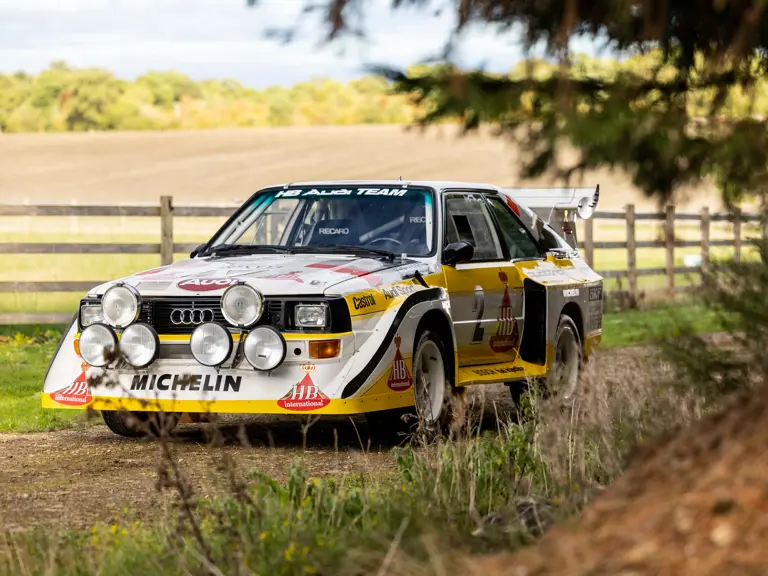

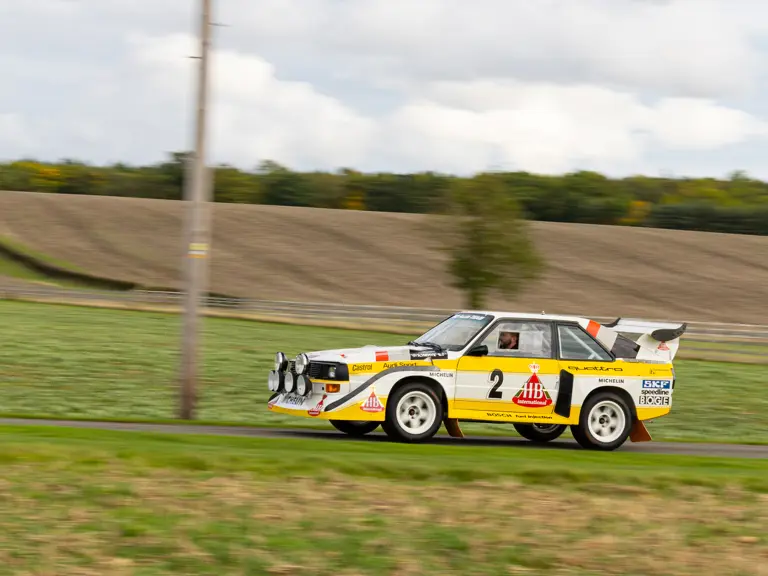
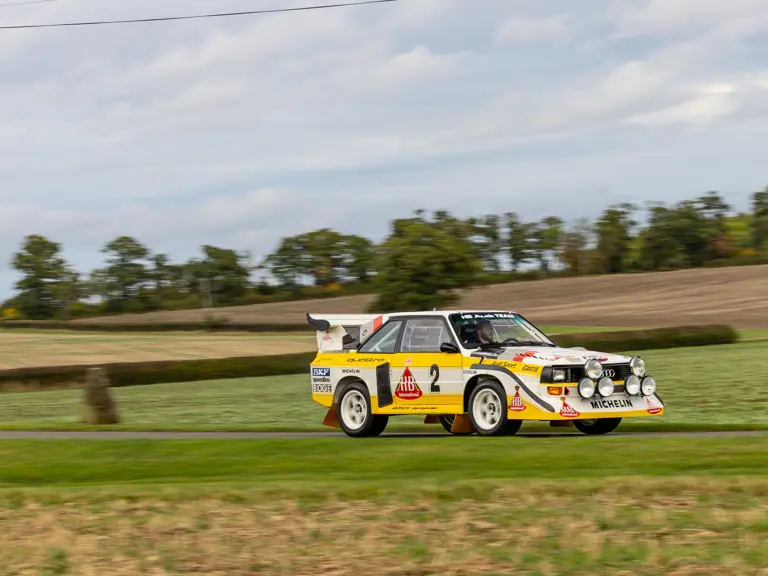
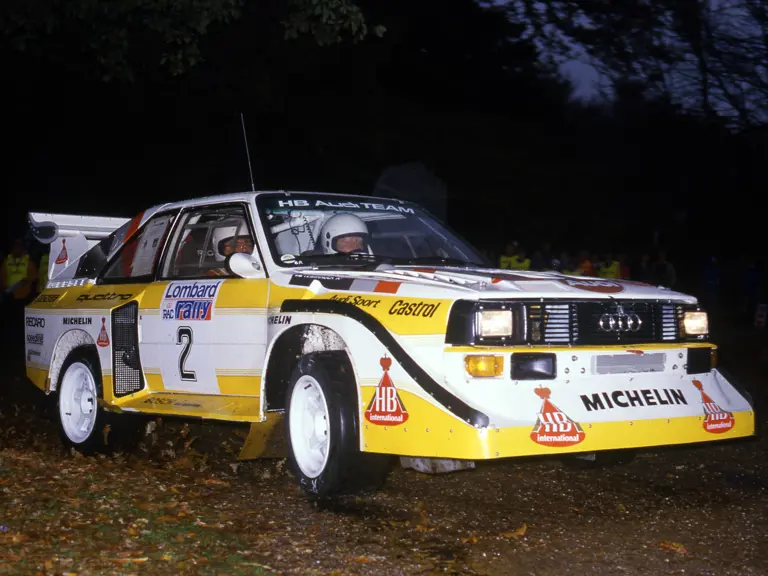
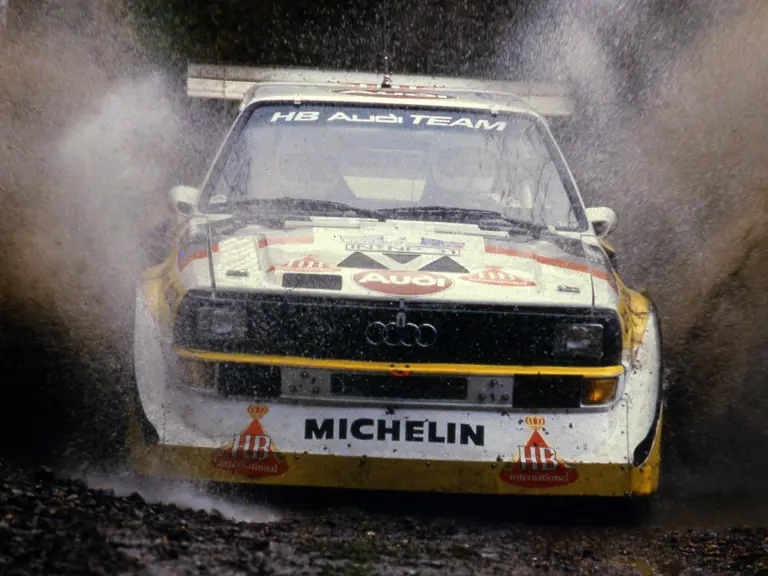
 | London, United Kingdom
| London, United Kingdom
